

It has been pointed out that according to recently released data, the Government of Jamaica was due to make good on a J$16 billion debt repayment due by the end of the first quarter of this year and chose to make a J$30 billion one instead.
This no doubt would make the Government creditors very happy and bolster faith in Jamaica and its abilities to make good on its obligations.
But many critics took exception to this move by Minister of Finance Dr Nigel Clarke, insisting that the Government should focus on setting aside around J$40 billion to cushion Jamaicans against the shock of inflationary pressures and help recovery from the COVID pandemic.
The finance minister pointed out that this was not so much a case of debt payments as much as being able to make decisions based on better-than-expected revenues. He wants to ensure that the process is not misunderstood and that all should be aware the country is looking at mounting expenses.
This situation is more a case of the primary balance being placed in an advantageous position due to revenues overperforming. The economy has performed better than expected.
Real growth for the April to June quarter came in at 4.8 per cent which, was better than anticipated and was reflected in the revenue inflows. That’s always good news. It is certainly better than the reverse scenario.
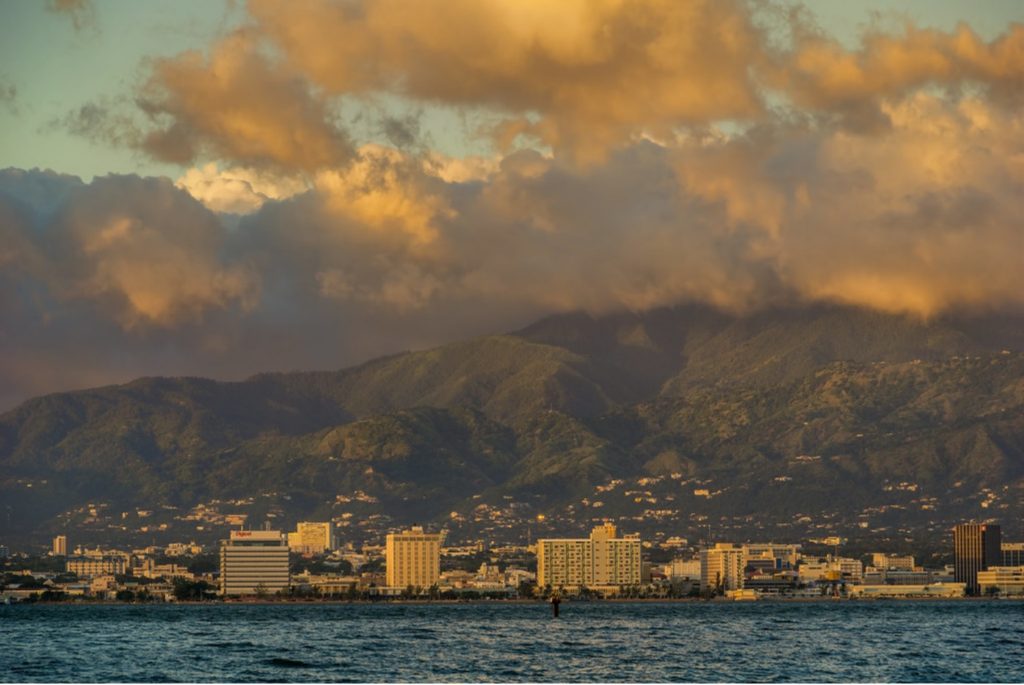
Dr Clarke has insisted on achieving a healthy balance of payments and this was less than two per cent of gross domestic product (GDP) last year. He has been unwavering on reducing the debt-to-GDP ratio. In March of this year, it stood at 94 per cent. The goal is to get it somewhere in the 80s by the end of this year.
He has been proud to proclaim that Jamaica ranks second among 30 countries in the Latin America and Caribbean region in restoring national debt levels and bringing it down to almost pre-COVID levels.
The Minister of Finance has earmarked J$307.5 billion for debt servicing and has been buoyed by good revenue flows.
Renowned rating agency Standard & Poor’s has consistently commended Jamaica for its fiscal management and timely debt payments.
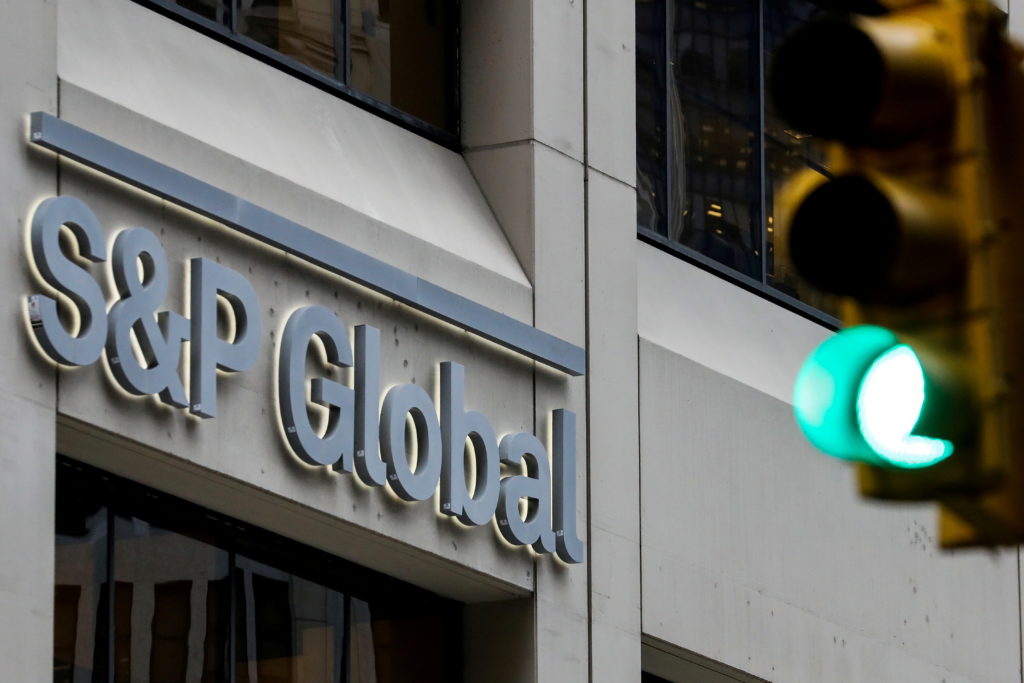
Dr Clarke may have calculated that if he can get the debt-to-GDP levels down during this global crisis, it opens up a pathway to future growth. He may be guided by the principle, you pay your debts as soon and as ably as you can.
If the Minister of Finance can avoid the full impact of rising interest payment costs, pay down on the debt while creating fiscal space, that will be a notable accomplishment.
Countries have gotten themselves into an awful mess due to fiscal mismanagement and an inability to honour their debts.
Sri Lanka readily springs to mind.
That country had to suspend its repayment of foreign debt, including bonds and government-to-government borrowing.
Time and time again you see third-world countries succumbing to a toxic combination of bad policies, heavy borrowing and economic misfortune. The foreign currency debt service payments always seem to be their undoing.
This a fate Dr Clarke is trying to avoid for Jamaica. You need steady and skilled hands to manage succeeding crises while ensuring there are adequate foreign reserves, revenue inflows, adequate remuneration payments for public sector workers and a host of other issues.
Sri Lanka saw soaring inflation, shortages of food and fuel as well as power cuts which led, in the end, to a debt default.
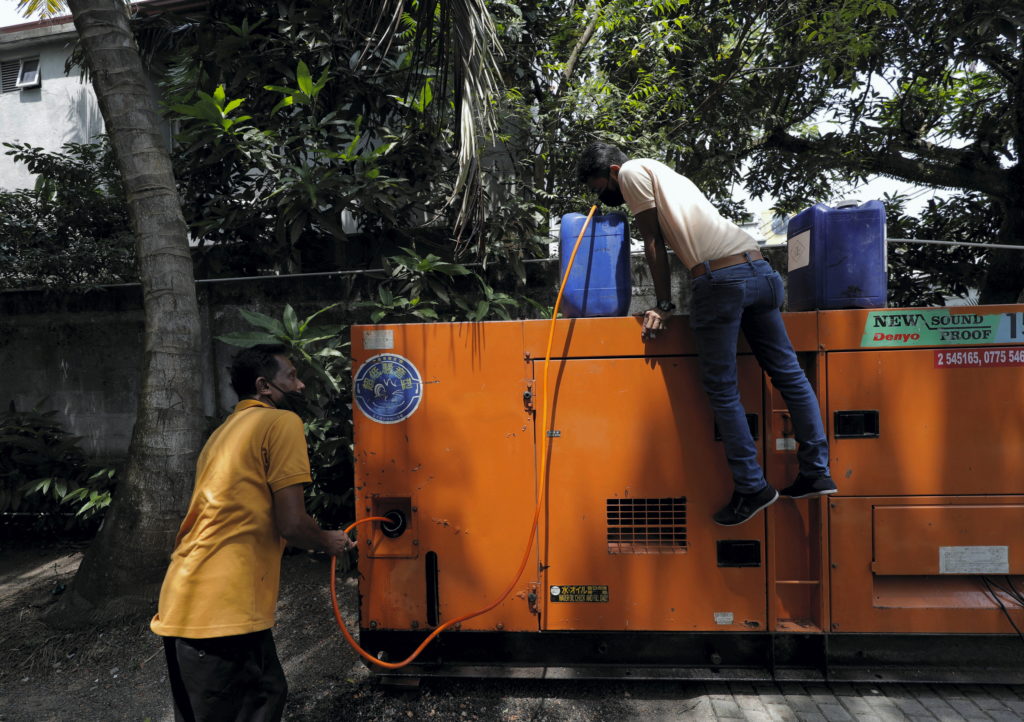
Jamaica cannot go this route.
How did this happen to Sri Lanka?
President Gotabaya Rajapaksa cut taxes while revenues fell just before the pandemic. Sri Lanka was unable to pay for imports, having seen its foreign exchange earnings dwindling.
Now it is at the mercy of an IMF rescue plan.
The lesson here?
You cannot continually borrow to keep your head above water.

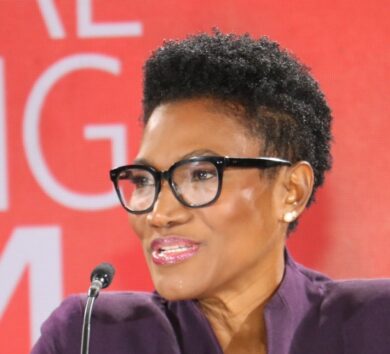
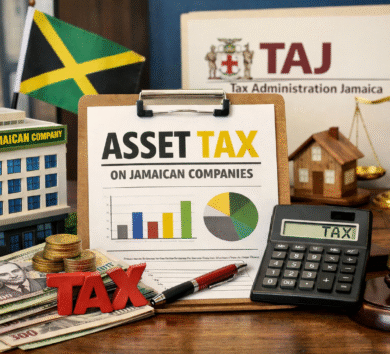

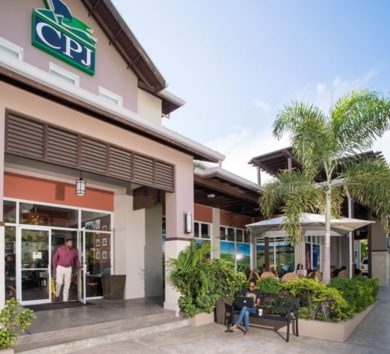

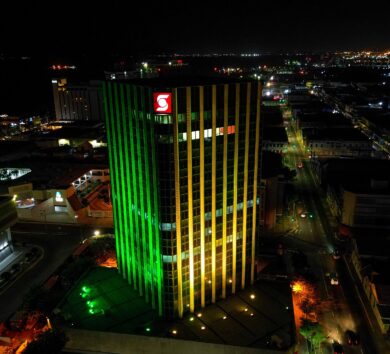
Comments